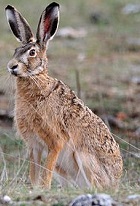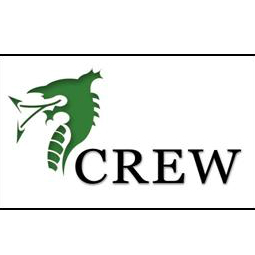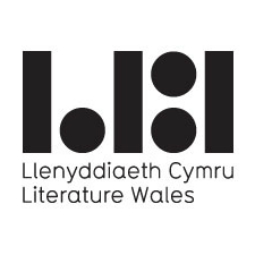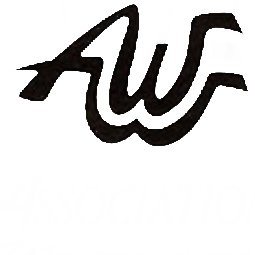That the woman desires something beyond the love-making which the stew prompts, is suggested by the misery she suppresses until her husband has fallen asleep, ‘Stunned with tribute.’ The child’s sensitive but also naïve assumption, that what she hears are sobs of guilt for the hare and its fate, hints at her youth. If the hare’s sacrifice has haunted the ‘drama’ throughout, the poem’s conclusion confirms that another witness might question the extent to which the meal and its ending fulfilled the cook’s first purposes. Was it made to pay sincere ‘tribute’ to her husband and the mutual loving relationship in which their conjoined lives and the domestic wellbeing of the household are anchored? To revive and renew that same relationship, perhaps worn and tired by use and familiarity?
More seriously still, the weeping might be read as an expression of desperation, sparked by the re-intrusion of reality: ‘Outside her frame’ awaits ordinary, anti-climactic, life. Perhaps the largest, and least answerable, question which the poem asks, then, is about the mood in which she weeps. With sadness at the brevity of the interlude, the passion, which the stew helped bring about; the loss of the romance, as excitement and pleasure gives way to sleep and love itself recedes? Was the meal, in fact (and to her now adult child, understandably) a means of assuaging her own physical desires?
The last line of this penultimate stanza runs on, across the stanza break, helping to emphasise the gap between the suppressed weeping in the darkened house at the day’s end, and the possible causes on which the final stanza reflects. The speaker’s sense that ‘marital skills’ might be hateful, even despicable, and ‘lady-hands’ duplicitous (delivering both brutality and love) licenses us, in turn, to wonder whether she weeps in disappointed or frustrated knowledge of the cost of the ‘One-off scenarios’ she arranges? Or perhaps for the predicament of her idealistic imaginative caring self, which must be steeled, repugnantly, to ‘flense a hare / Because she wooed a man’? The speaker’s use of the verb ‘to flense’, a now archaic term for stripping or skinning (usually an animal’s meat from its fat or skin), lends the mother a rare or special skilfulness which makes her seem almost exotic, and her powers perhaps stronger and more mysterious, for all that she seems to regret them.






Jean Earle’s portrait of a mother’s devoted and selfless (if not necessarily entirely loving) nurturing (‘sustenance’) of her marriage in the early twentieth century offers a sympathetic but also unvarnished portrait recovered with as much scepticism as respect. The poem implicitly takes a less forgiving view of the gendered power relations which govern the life, habits and expectations of the woman it studies, and that are likewise woven through the domestic world it seems to suggest she has created.
Straightforwardly, the poem might be read as an elegy for the hare. It also seems a sympathetic testament to the hidden complexities of the marriage partnership the speaker conjures, with affection but also insight, from memory. In some ways the implicitly critical strand which runs through the poem, emerging most powerfully in those economical final lines, helps to hold the text and its equivocal implications together. We cannot know the precise cause of the weeping which the speaker remembers overhearing, still less what that unhappiness might suggest about the mother’s feelings about her situation. However, the poem also leaves us in little doubt of the speaker’s suspicion that to some extent, if forgivably, the woman can be held at least partly responsible for the position in which she is pictured, for all the softness and sensitivity we glimpse in her. If she gives her labour, time and energy freely, she seems implicitly aware that there might be other ways to personal fulfilment, and – being, we know, ‘resolute’ – to have decided against them. Indeed, by the end of the poem, we are invited to think of this ‘freakish’, admirable woman as being as helplessly trapped in (her blood metaphorically drained by) the deadening necessities of her domestic existence, as the hare was trapped by its hunter.
Both animal and mother, then, can be understood as victims – in their different ways – of the man whose desires are framed in and called into question by the poem. The resonances deepen when they are extended to encompass the cooking method which is (superficially) the poem’s chief concern, and the parallels between the methods of preparing and cooking the hare itself, and the life of the speaker’s mother. The poem implicitly suggests that the woman is herself ‘jugged’ (cooked slowly in her own blood in a sealed cooking pot) by the constraints of her life, circumstances and her devotion to her husband and family. And it is in this process, in the same way that the hare is transformed into a feast of magical (aphrodisiacal) powers, that she somehow maintains her own creative powers of control and enchantment, and sustains herself, her marriage and the family through them.